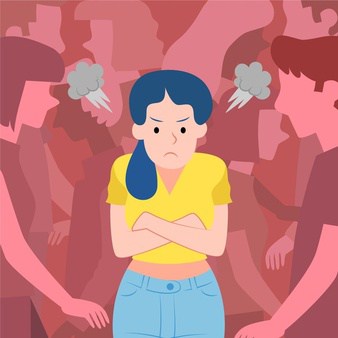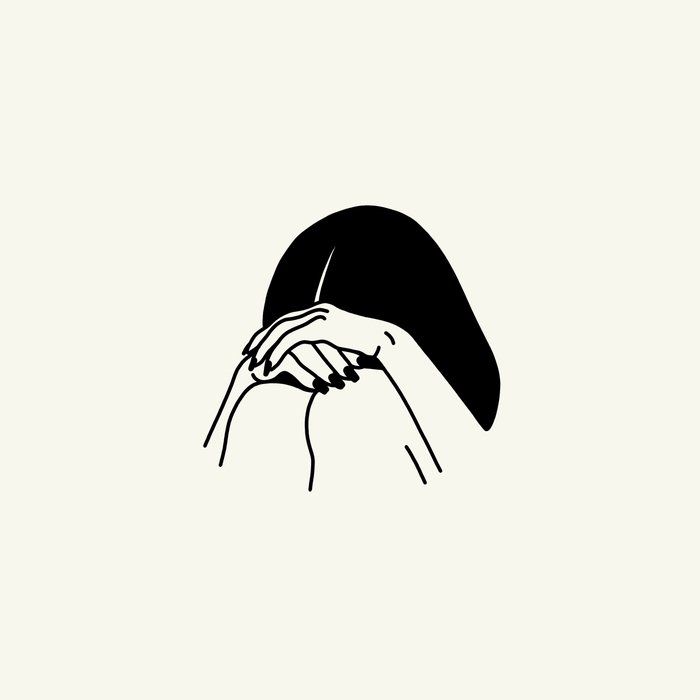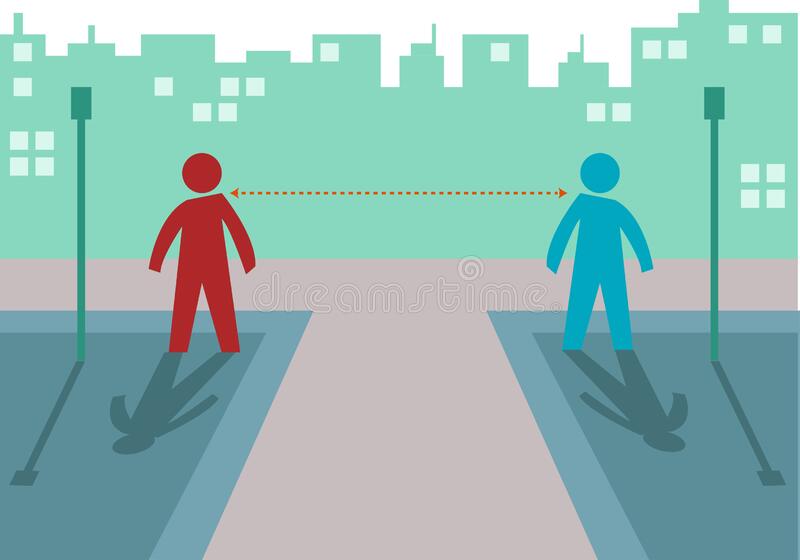In 2016, the number of people estimated to be suffering from mental health issues like depression and anxiety amounted to roughly 1.1 billion. Since then, numbers have likely continued to rise. Moreover, studies have also shown women especially on average are a) more likely to suffer from mental health issues, and b) less likely to talk about them. The taboo in Pakistan surrounding depression and anxiety disorders only serve to aggravate the individuals suffering even more. For the women who cannot seek out full time therapy, we’ve enlisted the help of a trained therapist. You sent us in your questions – here are the answers!

“I get offended really easily, especially if my feelings aren’t reciprocated or when they are considered invalid. I study with my younger sister at a coaching centre. I’m punctual when it comes to attending classes – she isn’t. But I am the one who is asked questions for her continuous absences in classes. I wake her up so she can attend them but she trash mouths me to the point that I decided I won’t do it anymore and just leave it to her. But today again my dad called to ask why my sister wasn’t out since the driver was waiting for her and then he also had to pick my father up. I impulsively yelled at her which affected my mother since she has blood pressure problems and then my mom began shouting at me to stop. It’s just too much and too tough to constantly shrink my feelings for other people so that they are okay. I really don’t know what to do with this since I’m held accountable for her absences in class, but I am also unable to say anything to her. It hurts because I am simply looking out for my sister, and then being disrespected by her. My entire family is a mess. I don’t have any friends with whom I can talk to – I feel really lonely. I would really appreciate some advice on how to not to get offended and how to lower my expectations from people because it has become a real problem for me.”

Shahrukh’s Response:
Dear Anon,
I can only begin to imagine how frustrating it must be to consistently feel like you’re the one who is responsible for other people’s actions and emotions, especially when it’s fuelled with hostility and blame. From your side, it really sounds like your intention is to look out for your sister, and yet, in return, there is no appreciation and gratitude for your efforts. There is quite a lot of narrative around this kind of a situation, and tends to arise more often than not – so do remember that you’re not alone here. Let’s get into it and see if we can help you manage and curb some of those feelings of being offended and that strong sense of frustration.
First And Foremost…
Anon, it’s important to remind yourself of one simple fact: you are not responsible for other people’s actions. I know that there are times where the world will make you feel like you are, but you’re not. There’s a grave misconception and muddling of two concepts: rescuing and encouraging. It is this misunderstanding that often causes a great deal of problems in quite a few relationships.
Rescuing Vs. Encouraging: Recognizing The Difference
There are times where you may notice yourself helping out a friend or a loved one by jumping in and doing the work for them (in this case: your sister). In some instances, that’s okay. However, if it’s a constant tendency to step it, what ends up happening is that they will expect you to jump in every time, this not only takes away their sense of responsibility, it also puts you in a position of taking blame when things go wrong. So, in essence, rescuing someone from their duties and responsibilities robs them of their own learning and finding their own individuality, and it also puts you in a predicament. Meanwhile, encouraging someone is helping them out through ways of being a support. You are still there to help the person if need be, but you are not taking away from their ability to do whatever needs to be done.
While there is a clear distinction, culturally, we are taught to be rescuers rather than encouragers. As a result, we rob others of their ability to own their mistakes and learn from them. We also become their scapegoats and further feed into their dependency and lack of ownership.

Learning To Separate Yourself
This can often be tricky, and it might also be emotionally challenging, yet it’s also important to remind yourself that by removing yourself from the role of rescuer, you are helping your sister a lot more in the long run. Here are some things you can do to further explore, as well as some reminders to yourself when it becomes challenging to separate:
- It is NOT your responsibility: as said before, you are not responsible for the actions, responses, emotions and consequences of others. You can care for them when they’re upset, but you don’t need to fix them or believe that it’s your responsibility to make them feel better, because it really is not.
- This is better for them: remind yourself that you are helping them in the long run.
- Looking at YOUR needs: Anon, your needs are also important, and if this is taking a toll on you, it might be time to really consider that it’s best to walk away, even if it means disappointing others. Just as you care and look out for others, perhaps it’s time to look out for yourself too. YOU matter too!
- Explore the role of being the rescuer: what is your relationship with being the person who carries the weight of responsibility for your sister, or perhaps others? Is this a role that’s really familiar, and one that you’ve been playing for a while? How does this role serve you and your needs?
- Speak to a Therapist/Counsellor about what you’re experiencing: exploring this further in therapy would be a great step. Your therapist would be able to help you look further into this relationship, as well as help you set healthy boundaries.
Anon, I understand that it’s not easy to step away from playing the role you’ve played a long time within your family dynamic, yet things are not set in stone. Sometimes looking out for your needs and mental health means disappointing others, and that’s okay. In this particular case, stepping away from the rescuer role not only benefits you, it also benefits your sister. Remember that. I hope you were able to find the answers you were looking for in this article. I wish you all the best on your journey towards healing. All the best, and stay in your power!

The above article is written by Shahrukh Shahbaz Malik who is trained in humanistic integrative counselling at CPDD in the UK and currently has her own private practice in Karachi. The views expressed in this article are those of one expert. They do not necessarily represent the views of Mashion, nor do they represent the complete picture of the topic at hand. This article is for informational purposes only and is not a substitute for medical diagnosis or treatment.








What do you think?
You must be logged in to post a comment.